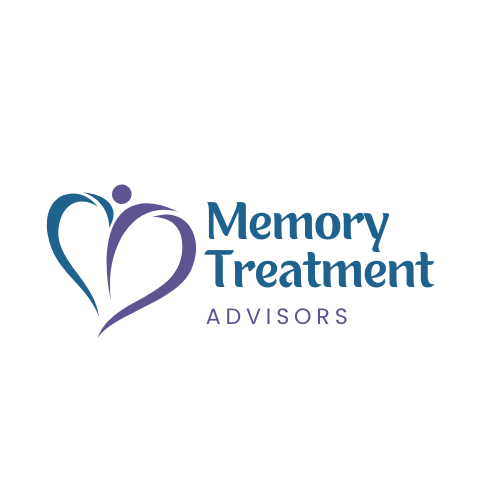Navigating the Diagnosis
Getting an Accurate Alzheimer’s Diagnosis & When to Seek a Second Opinion
For many families, the journey with Alzheimer’s begins the same way — noticing small but unsettling changes. Maybe it’s repeating questions, getting lost on familiar routes, or struggling to follow a conversation.
Then comes the question no one wants to ask: Is this Alzheimer’s?
Getting an accurate diagnosis is more than just a formality. It’s the foundation for making informed decisions about treatment, lifestyle changes, and future planning. And sometimes, that means seeking a second opinion to be sure.
Why Accuracy Matters in Alzheimer’s Diagnosis
Alzheimer’s symptoms can overlap with other conditions, including:
Depression
Thyroid disorders
Vitamin B12 deficiency
Medication side effects
Other forms of dementia, such as Lewy body or vascular dementia
A rushed or incomplete diagnosis can mean missed treatment opportunities — or unnecessary fear.
The Standard Alzheimer’s Diagnostic Process
A thorough evaluation usually includes:
Medical History Review
Family history of dementia
Changes in memory, behavior, and daily function
Cognitive Testing
Screening tools like the Mini-Mental State Exam (MMSE) or Montreal Cognitive Assessment (MoCA)
In-depth neuropsychological testing when needed
Physical & Neurological Exam
Assessing reflexes, movement, coordination, and sensory function
Lab Work
Ruling out reversible causes such as vitamin deficiencies or thyroid problems
Brain Imaging
MRI or CT scan to detect strokes, tumors, or other brain changes
Biomarker Testing (When Available)
Amyloid PET scan
Spinal fluid (CSF) analysis
Real-Life Story: Meet “Frank”
Frank, 72, went to his primary care doctor after his wife noticed he was forgetting appointments. The doctor diagnosed Alzheimer’s after a short memory test and prescribed medication.
But Frank’s daughter — a nurse — pushed for a specialist referral. A neurologist ordered more testing and found that Frank’s memory problems were due to untreated sleep apnea and depression, not Alzheimer’s.
Once treated, his memory improved dramatically.
“We were relieved and frustrated at the same time,” his wife says. “It showed us how important it is to dig deeper.”
When to Get a Second Opinion
A second opinion is worth considering if:
The diagnosis was made quickly without thorough testing
The provider did not rule out other causes of symptoms.
Symptoms are progressing faster or differently than expected
You want confirmation before starting a treatment plan like Leqembi or Kisunla
You feel unheard or rushed during appointments
Choosing the Right Specialist
Look for:
Neurologists or geriatricians with dementia expertise
Memory clinics affiliated with research hospitals or Alzheimer’s Disease Research Centers (ADRCs)
Providers who offer biomarker testing
What to Bring to an Evaluation
List of current medications and supplements
Notes on symptom patterns (when they started, what’s changing)
Medical history, including family history of dementia
A care partner or family member who can share observations
Real-Life Story: Meet “Linda”
Linda, 66, was told she had Mild Cognitive Impairment (MCI) but wasn’t given much guidance. She sought a second opinion at a memory clinic, where she underwent biomarker testing. The results showed no amyloid plaques, meaning her MCI was not Alzheimer’s.
She now focuses on controlling vascular risk factors and uses brain-training exercises.
“It gave me peace of mind,” she says. “I still have memory issues, but I’m not living under the shadow of Alzheimer’s.”
Why Second Opinions Are Empowering
A second opinion doesn’t mean you distrust your doctor. It means you value certainty when it comes to a life-changing diagnosis.
In Alzheimer’s care, knowing exactly what you’re dealing with can:
Open access to appropriate treatments
Help you qualify for clinical trials
Provide more accurate future planning
Bottom Line
An Alzheimer’s diagnosis should never be made lightly. Getting it right requires thorough testing, careful consideration, and sometimes — a fresh set of eyes.
If you or a loved one are facing memory changes, take the time to confirm the diagnosis before making major decisions. The right answers now can save time, money, and heartache later.
💬 Need help navigating the diagnostic process?
I guide families through testing, help them find the right specialists, and prepare them for what to expect in appointments — so they feel confident every step of the way.
📅 Book your free 10-minute clarity call: https://www.memorytreatmentadvisors.com/schedule
